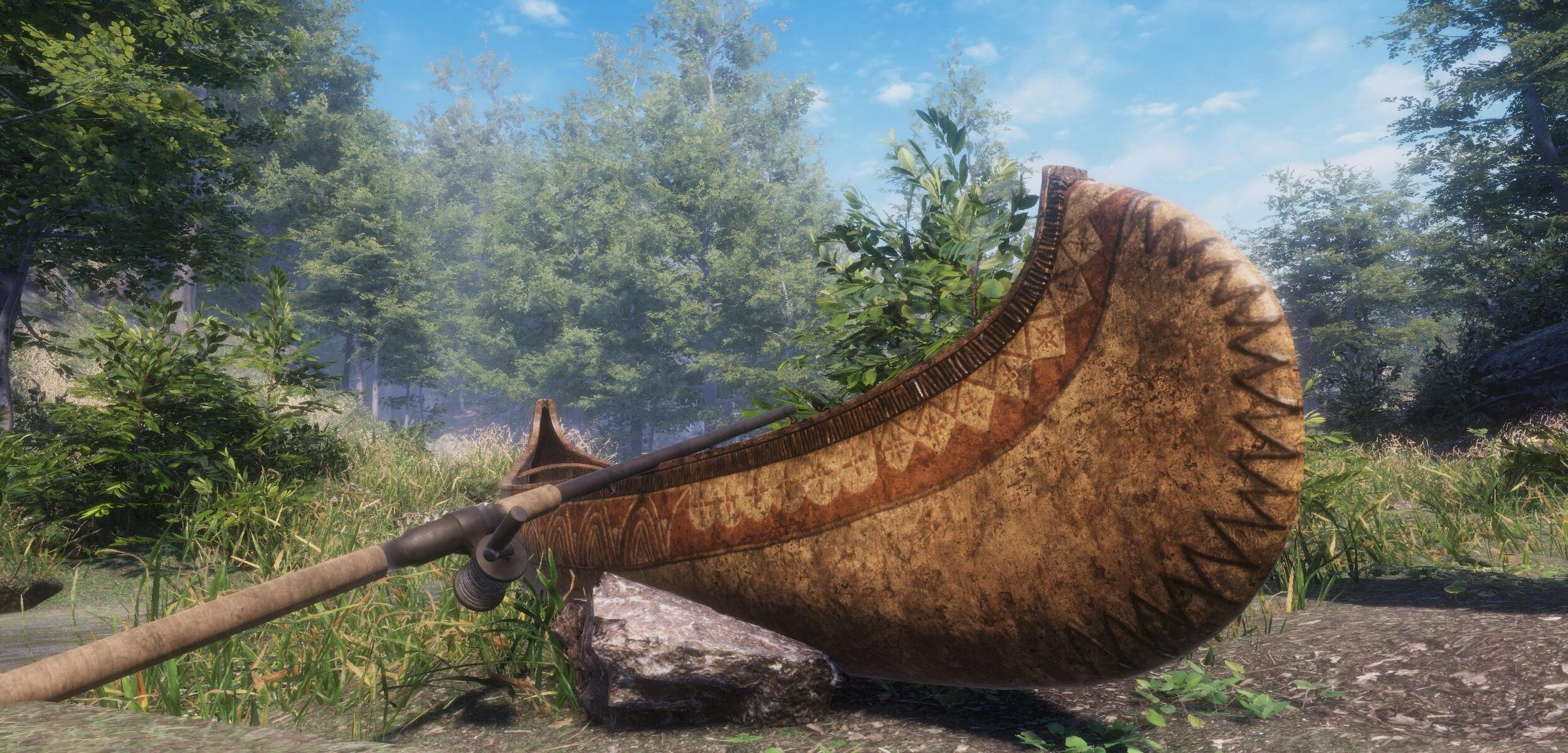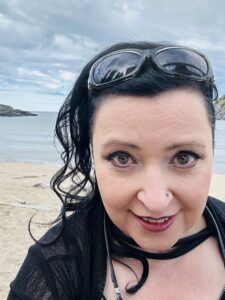
York professor awarded nearly $1M for Indigenous metaverse project
Federal funding will go towards further developing immersive video game where players learn the Anishinaabe language, culture and ways of life
TORONTO, June 4, 2024 – Maya Chacaby, a sociology professor at York University’s Glendon Campus, is the recipient of close to $1 million in federal funding for her Indigenous-led metaverse project Biskaabiiyaang: Creating a path towards healing and reconciliation. Rebecca Caines, associate professor in theatre and creative technologies at York’s School of the Arts, Media, Performance & Design (AMPD), is a co-applicant. Robyn O’Loughlin joins the team as co-applicant working within the New Brunswick Ministry of Education. York and the Nokiiwin Tribal Council are also partners in the grant application. The award was created in response to Call to Action 65 to establish a national research program to advance understanding of reconciliation. It is a joint initiative of the Social Sciences and Humanities Research Council (SSHRC) and the National Centre for Truth and Reconciliation.
Chacaby’s immersive virtual game is set in a post-apocalyptic world invaded by linguicidals responsible for the death of the Ojibwe language Anishinaabemowin. It challenges players to learn the language — and save it from extinction — by exploring ruins, listening to the teachings of Elders and taking lessons from nature. Players discover how Indigenous history and culture have a role in returning beauty and magic to this world where Anishinaabe ways of life prevail. As an Indigenous community-led research project, Nokiiwin Tribal Council guides the work ensuring that Indigenous communities are first and foremost in the project’s direction.
“Metaverses, as we see them in the Western world, are spaces where Indigenous people do not exist,” says Chacaby, who is Anishinaabe, Beaver Clan from Kaministiquia (Thunder Bay). “That is a form of colonial erasure happening in these new technologies that I really want to disrupt.” Part of the groundbreaking interdisciplinary research program Connected Minds: Neural and Machine Systems for a Healthy, Just Society, Biskaabiiyaang works to address the impacts of colonization on Indigenous communities, support culture-based healing practices and encourage language reclamation.

Chacaby, a research associate with the Centre for Indigenous Knowledges and Languages, has long promoted Anishinaabe culture and language through courses she’s developed at Glendon. In 2016, for her online classes, she crafted a Dungeons and Dragons-style, card-based role-playing game in Anishinaabemowin. This gamified approach to learning led to soaring proficiency levels, with grammar and other difficult areas of language acquisition becoming easier as students developed characters and completed quests. But Chacaby wanted anyone to have access to this education. That’s where the metaverse came in.
An avid gamer, Chacaby noted how within massively multiplayer online role-playing games (MMORPGs) like World of Warcraft and Fallout, players use and coin terms that are only understood by other users and immediate team members. That made her realize these virtual worlds were environments ripe for learning. “I thought, ‘If young people can talk in this very sophisticated technical language about a made up world, we can do the exact same thing with the culture’,” says Chacaby.
The project uses research-creation methodologies to build an audio and visual archive that is the foundation of the Biskaabiiyaang metaverse. Scott Baker, the education manager for the Nokiiwin Tribal Council, describes his excitement about Elders’ teachings making their way into the virtual world. “What the SSHRC grant is going to open up for us is to start collecting these stories,” says Baker.
“We're actually documenting stories and teachings, and these will live long beyond when I'm gone,” says Audrey Gilbeau, executive director of the Tribal Council. A co-creation with community Elders and Indigenous youth, the virtual world is a community-built and -owned archive that’s alive, growing and changing. She says that Elders and Knowledge Keepers who have passed away over the past five years, since work on Biskaabiiyaang began, continue to live on in the recordings and stories captured in the project.
The best way for a community to hold an archive is in a format that people can access, says Caines, adding: “The metaverse is the archive.” The researchers have partnered with UniVirtual, a virtual world platform, to build the metaverse and bring the archive to life. Content in the metaverse is based upon Anishinaabe worldview and culture as well as family histories and individuals’ lived experiences. The virtual world is a place where players learn by undertaking quests and interacting with traditional tools and objects, teachings, and language learning modules using culture-based game mechanics.
In partnership with AMPD’s new creative technologies program opening at Markham Campus, undergraduate students, graduate students and postdoctoral research fellows will come together with Indigenous teens from the region to work on the metaverse at the new facilities, as well as gain on-site training in Northern Ontario. Biskaabiiyaang is the first step in a decade-long project running in tandem with the UNESCO International Decade of Indigenous Languages. A multi-year project, it is a direct response to the Truth and Reconciliation Commission Call to Action 65.
Visit the Biskaabiiyaang website to learn more and download a free demonstration.
